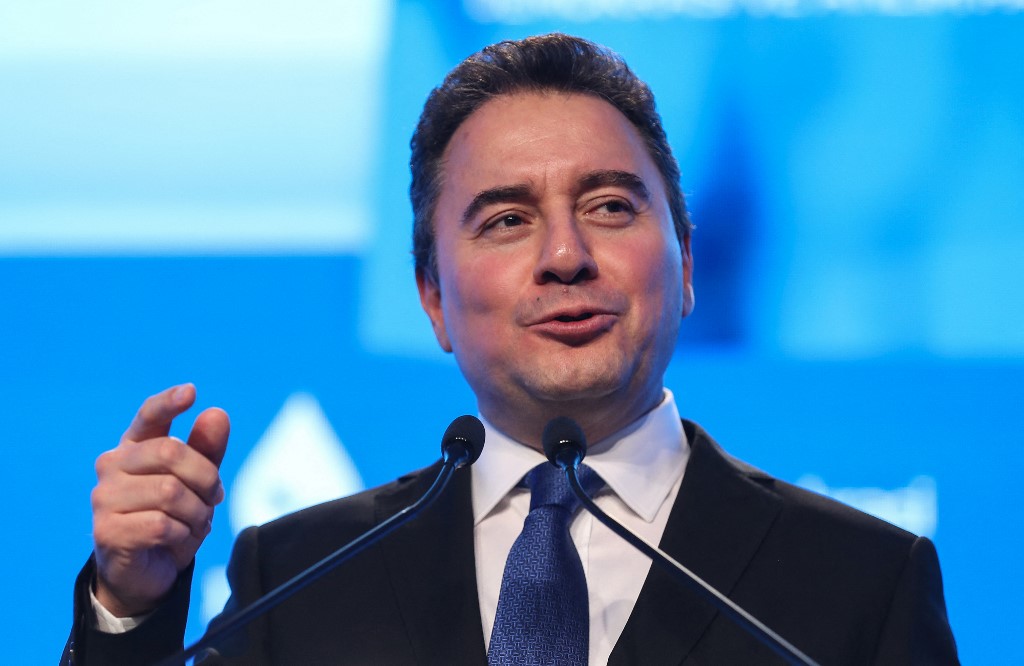Democracy and Progress Party (DEVA) leader Ali Babacan on Thursday said the December 2013 graft probes that implicated high-level government officials could be revisited one day.
Speaking on an online broadcast hosted by journalist Nevşin Mengü for Deutsche Welle’s Turkish edition, Babacan said nothing would be lost in the state archives and that anything can be unearthed with a bit of digging.
In December 2013 Turkey was shaken by the revelation of two corruption investigations, on Dec. 17 and 25, in which the inner circle of then-Prime Minister and current President Recep Tayyip Erdoğan were implicated.
After Erdoğan cast the investigations as a coup attempt to overthrow his government orchestrated by his political enemies, namely the Gülen movement inspired by the views of Fethullah Gülen, the prosecutors and judges were removed from the case, police were reassigned and the corruption investigations were dropped. Later, the police officers, judges and prosecutors who took part in the investigations were all jailed.
Babacan also described the probes as a “mini coup” and claimed that the fact that the investigations were framed that way obstructed justice.
Saying that his party doesn’t intend to take a retaliatory stance against the current administration, Babacan asserted that the people governing the country should act against wrongdoers within the framework of the law.
‘Not realistic,’ Babacan says about the debate on a new constitution
“[People with] the wrong mindset are running this country. [These people] do not believe in the separation of powers or judicial independence, whatever the system might be. What good will it do to talk with [people with] this mindset about presidential or parliamentary systems? We do not view the [debate over a] new constitution as realistic,” Babacan said during the broadcast.
Taking seemingly everyone off guard, Erdoğan mentioned early last week during one of his near-daily speeches that “it may be time for Turkey to reopen the debate about a new constitution.”
The current constitution was changed in a controversial 2017 referendum that created an executive presidency.
It went into force barely a year later when Erdoğan won re-election, with the amendments allowing him to consolidate his power.
Pundits view Erdoğan’s bid for a new constitution as a tough sell as he faces an uphill battle to get it approved.
Under Turkish law, amendments to the constitution or the passage of a new charter require 400 votes in the legislature without the need for a referendum. With 360 votes, a proposal can be put to the people.
Since Erdoğan’s Justice and Development Party (AKP) and the Nationalist Movement Party (MHP) have only 337 votes, they would need to work with at least some of the opposition to get the changes through.

